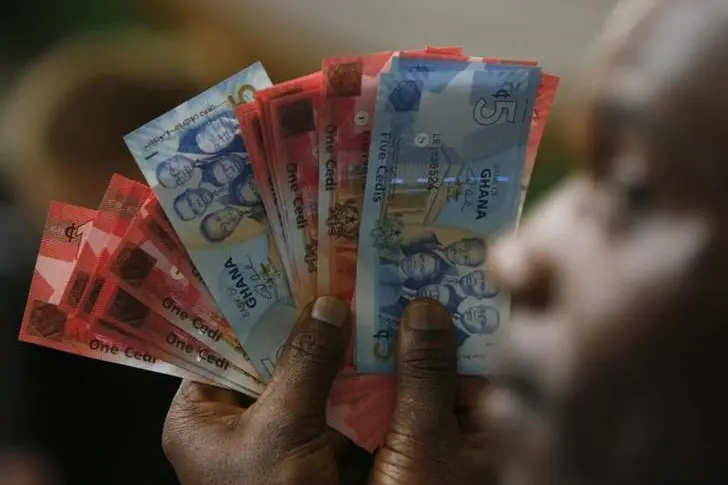PHOTO
Ghana's economy grew 3.8% year-on-year in the fourth quarter, the statistics agency said on Wednesday, bringing full-year growth to 2.9% in 2023, as the country recovers from its worst economic crisis in a generation due to spiralling public debt.
The annual growth rate was higher than the 2.3% estimated by the International Monetary Fund in January, but was still significantly slower than 3.8% growth in 2022.
Annual growth was largely driven by services and agriculture, while the industry sector saw a small contraction.
After defaulting on much of its overseas debt in 2022, the government last year secured a $3 billion loan programme with the IMF, and in January reached a deal to restructure $5.4 billion of loans with its official creditors.
It is now pushing for a deal with holders of about $13 billion in international bonds.
"We will have to ask ourselves if we've exhausted the full potential impact of the IMF dispensation and if the 2.9% (GDP growth) is all we can get," government statistician Samuel Kobina Annim said at a news briefing.
"If you compare the growth rate of 3.8% in 2022 to 2.9% in 2023, (we) need to ask ourselves questions," he said.
However, he noted growth was improving on a quarterly basis, after having slowed to 2.0% in the third quarter of last year.
The woes in Ghana's cocoa sector, the world's second-largest, did not appear to have impacted overall growth yet. Ghana's cocoa output for the 2023/24 season is expected to be almost 40% below target due to factors like strong winds, scant rain, smuggling and disease. Growth in the cocoa sub-sector contracted 1.1% in the last quarter of 2023.
(Reporting by Christian Akorlie and Maxwell Akalaare Adombila; Writing by Nellie Peyton; Editing by Bate Felix and Bernadette Baum)




















